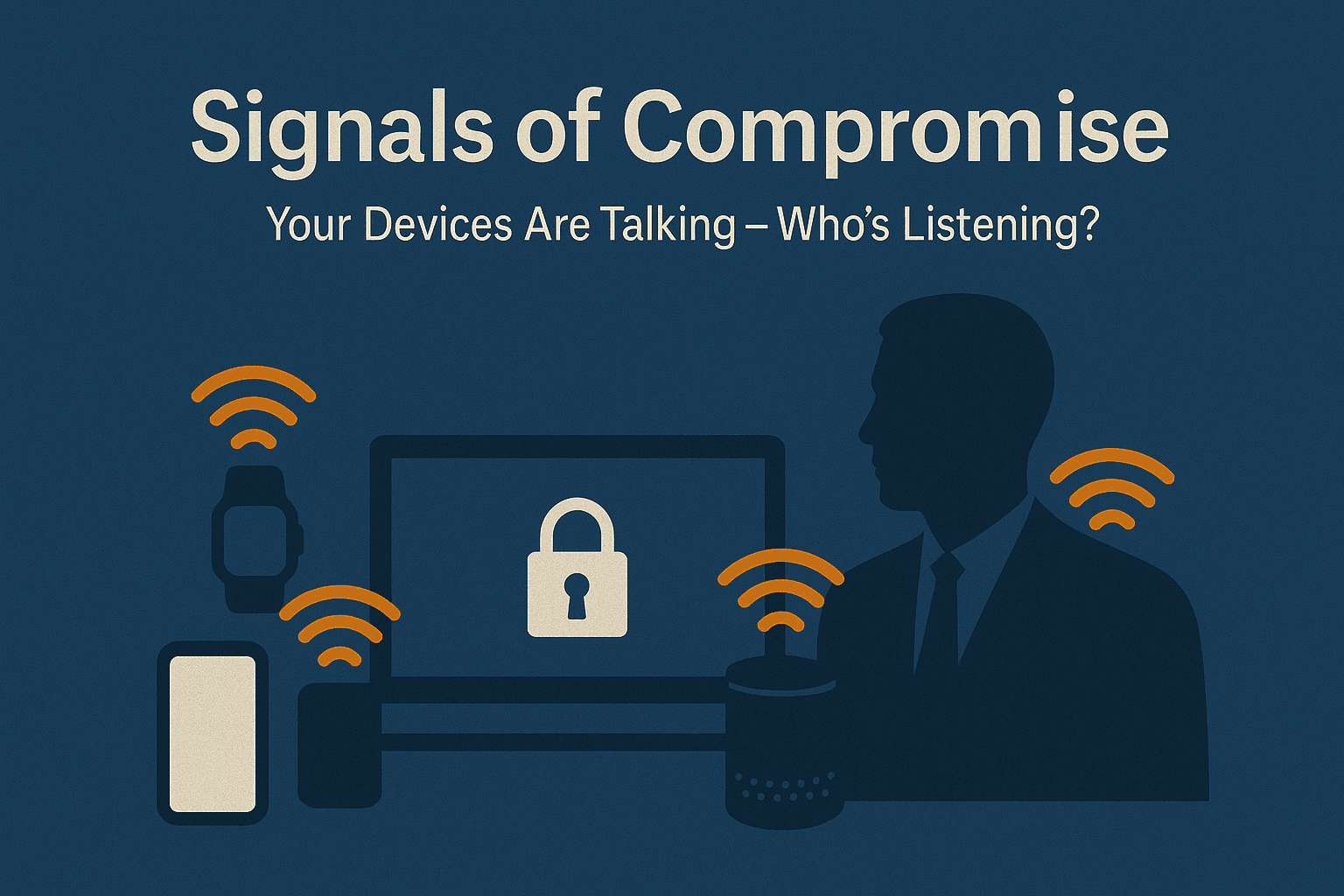How Cybercriminals Exploit Human Emotions—And What You Can Do About It
Cybersecurity isn’t just about firewalls and antivirus software—it’s about people. The most advanced security system in the world can be bypassed with a single click on a fake email, and cybercriminals know exactly how to make you click.
Cybersecurity isn’t just about firewalls and antivirus software—it’s about people. The most advanced security system in the world can be bypassed with a single click on a fake email, and cybercriminals know exactly how to make you click.
Social engineering is a tactic where attackers manipulate human emotions to gain access to personal or financial information. They might pose as your bank, your boss, or even a family member in need. What they’re really doing is playing on your emotions—fear, urgency, curiosity, or sympathy—to get you to act without thinking.
A recent surge in phishing scams shows just how effective this is. Fake IRS emails during tax season, fake package delivery texts near the holidays, or "your account is suspended" warnings can all trigger panic. And in that moment of emotion, we click.
🧠 Stay Smart, Stay Safe:
Pause before clicking—emotions are the first red flag.
Verify the sender before taking action.
Don’t trust texts or emails asking for urgent payment or login info.
Use professional cybersecurity support to monitor and defend your personal accounts.
At Valethorn, we help clients recognize and resist these kinds of attacks through education, alerts, and personalized protection. If you’ve ever felt unsure about an email, you’re not alone—and you don’t have to handle it alone.



